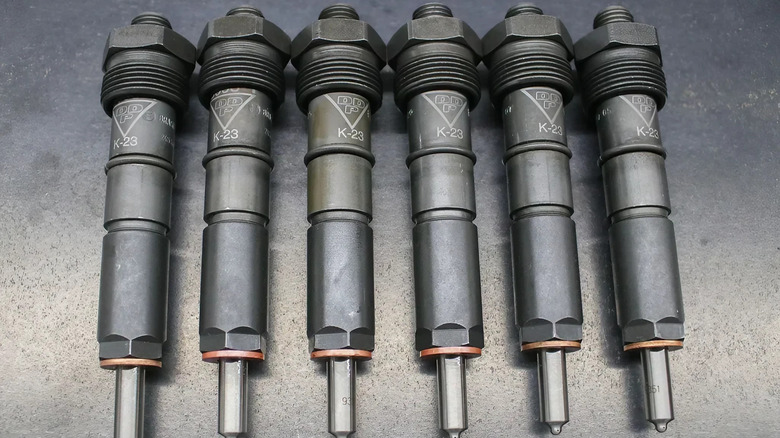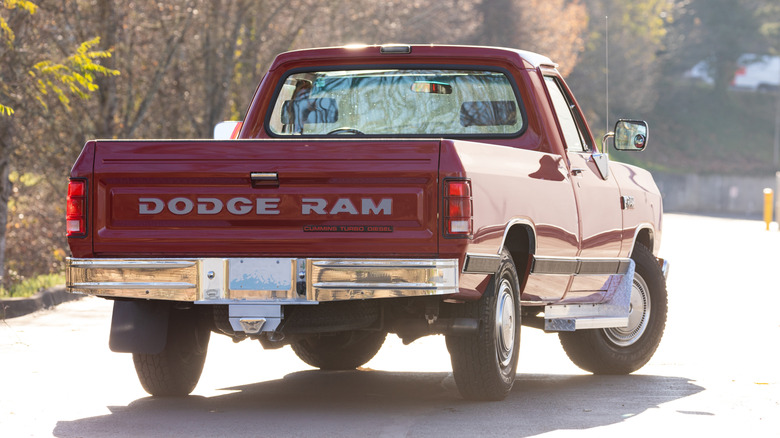
Diesel truck fans may have heard the legends surrounding the 12-valve Cummins. Found in trucks like Dodge Rams from 1989 to 1998, its fully mechanical fuel system and rugged injectors are celebrated for
their unmatched durability and simplicity. They are also often seen as far more dependable than the more complex electronic systems that followed. But how long can you really expect them to soldier on? While some sources note newer common rail injectors might see 80,000-100,000 miles, they acknowledge 5.9L injectors often last twice as long. That's impressive, but owner reports suggest this is just a starting point. We dug through forum archives to find out some actual numbers.
They are astounding. Over on Diesel Truck Resource, user "GAmes" documented running his original injectors past 458,000 miles. Fellow members shared similar stories, with user "tool" reporting he drove one with over 650,000 miles, and "cumminsdriver635" confidently stating that 300,000 miles is easily achievable. Over on the Cummins Forum, user "deezldude" wasn't far behind with 460,000+ miles on his originals, and he even recalled another truck with a 12v hitting the 1 million-mile mark, possibly on its first set. The consensus is to expect 300,000 to 500,000 miles, though over that is not entirely out of reach with the right care.
Read more: 9 Tire Brands Owned By Michelin
How You Can Achieve These Numbers, Too

Of course, achieving these impressive numbers isn't all luck — it's about care. Several interconnected factors can influence how long your 12V Cummins injectors will last, and neglecting even one can accelerate wear. Fuel quality is important. Contaminated diesel or debris bypassing a poorly sealed filter can potentially lead to internal wear or injector failure in such engines. That's why it's essential to replace fuel filters regularly and ensure seals are tight to prevent unfiltered fuel from reaching the injectors. Even with proper filtration, carbon buildup can affect injector performance, so occasional system flushing is a worthwhile preventive step.
A reliable lift pump is just as critical. If the injectors aren't supplied with adequate fuel pressure, it will lead to a loss of power and increase the risk of wear. Early signs of trouble with the injector include rough starts and idling, excessive smoke, and even fuel in oil. Black or blue smoke from the exhaust, a sharp diesel odor, or even fuel appearing in engine oil are serious warning signs that shouldn't be ignored.
These symptoms suggest injector sealing issues, pooling fuel, or incomplete combustion — all of which can lead to severe engine damage if left unaddressed. To confirm injector issues, a proper bench test on specialized equipment or a diagnostic scan using OBDII tools can pinpoint problems. If confirmed, consider OEM-grade replacements or professional rebuilding, and remember, proactive care now can save major engine repairs later. Check out SlashGear's detailed coverage for a deeper dive into the common symptoms of diesel fuel injector failure.
Want the latest in tech and auto trends? Subscribe to our free newsletter for the latest headlines, expert guides, and how-to tips, one email at a time.
Read the original article on SlashGear.












